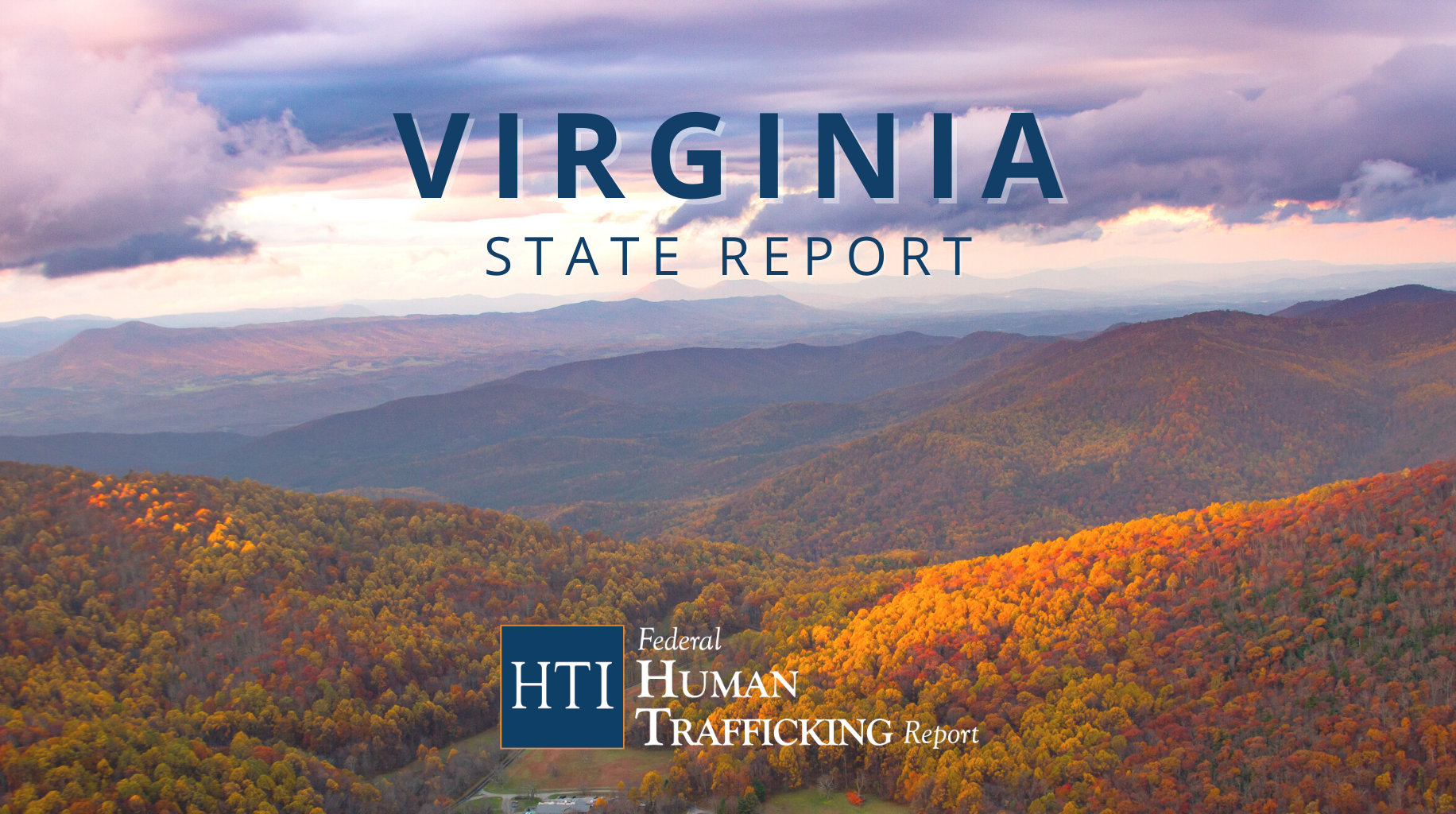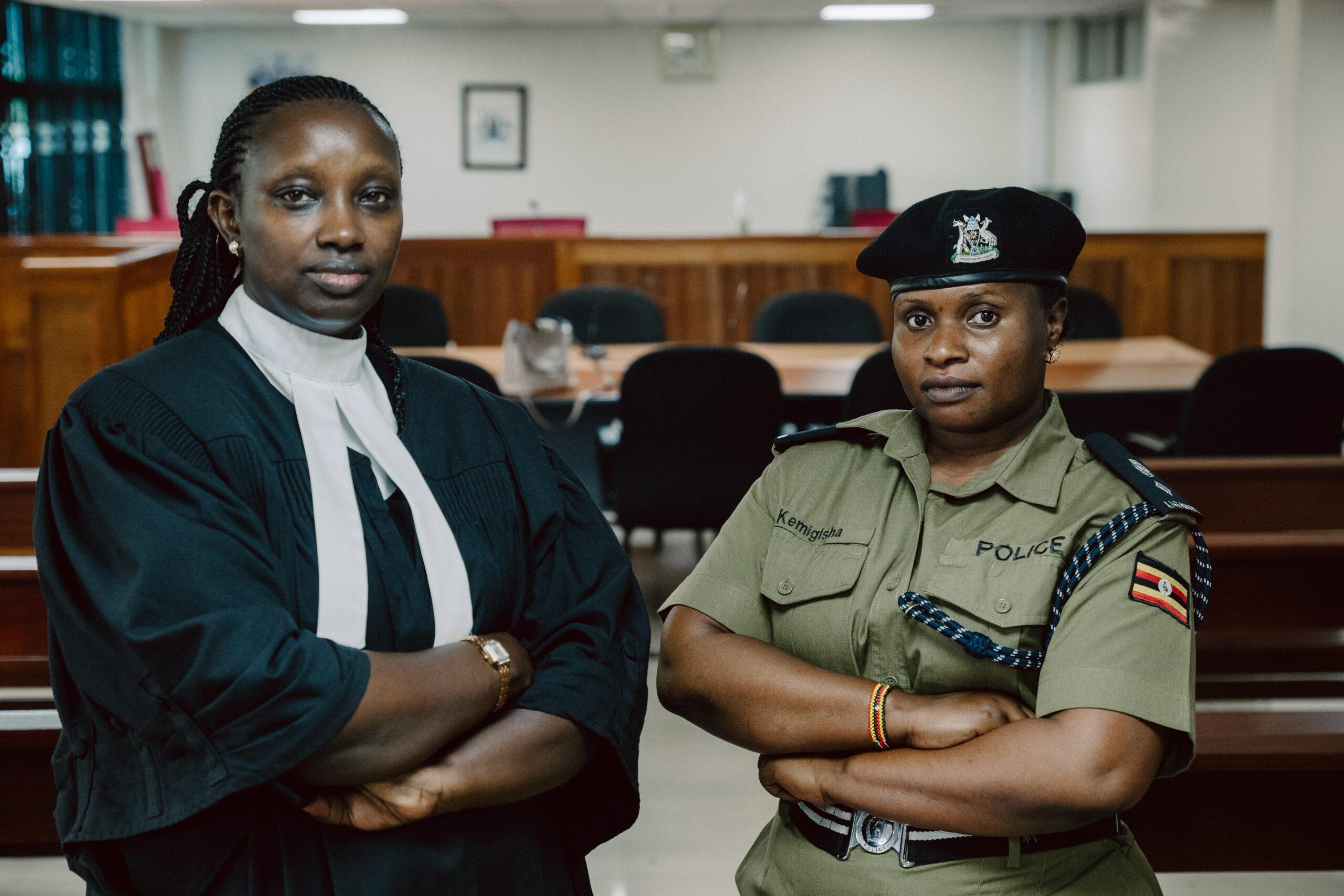Ending Human Trafficking in Virginia and Strengthening Global Response
In the shadow of everyday life, trafficking continues as a silent epidemic. From sheltered workplaces to private homes, individuals are coerced and exploited through force, fraud, or deception. This is not a distant issue—it thrives even in well-structured societies. The challenge is both legal and human. Uncovering patterns, dismantling networks, and restoring lives demands sharp legal tools and unwavering dedication. Ending trafficking means confronting discomfort and intricacy with the clarity of action and justice rooted in human dignity.

The Legal Battleground Against Human Trafficking Virginia Must Prioritize
The Commonwealth has made measurable strides in prosecuting traffickers and protecting survivors. Still, legal professionals face an uphill battle in adjusting statutes, collecting acceptable evidence, and confirming due process. Addressing human trafficking virginia involves more than punishment—it demands rigorous support systems, trauma-informed courtrooms, and reliable data. Effective justice emerges when survivors trust the system enough to come forward and when prosecutors are trained to navigate the deeply layered realities of exploitation with skill and sensitivity.
Elevating Policy Through Research and Court Trends
Policy without data risks misdirection. The Federal Human Trafficking Report and court trends offer actionable insight into what jurisdictions are doing right—and where they fall short. Prosecution rates, case outcomes, and service access indicators shape smarter legislation. These tools guide lawmakers in strengthening protective measures and identifying resource gaps. Virginia’s progress, like that of any jurisdiction, hinges on adopting feedback loops between the field and policymakers. Success requires evidence—not assumptions—to inform each revision, regulation, and reform effort.
Survivor-Led Reform Is Reshaping Legal Norms
Survivors who have exited trafficking often hold the clearest understanding of what failed them. Legal systems are now listening. From policy consultation to advocacy leadership, lived experience is redefining how justice is served. Virginia is slowly integrating survivor councils into program design and legislative feedback. These voices challenge the idea that survivors are merely case files. Instead, they are collaborators in reshaping a system that once overlooked them. This shift is not symbolic—it is essential for lasting change.
When Borders Blur: The Crossroads of Domestic and Global Exploitation

Trafficking does not obey borders. Many cases prosecuted locally originate abroad, relying on migration vulnerabilities, transnational recruitment, and digital entrapment. Virginia’s ports, tech corridors, and agriculture sectors often intersect with patterns seen in international human trafficking. Victims may be moved through multiple countries before arriving in the U.S., often unaware of their rights. Addressing this crime requires Virginia's legal and social systems to collaborate beyond state or national lines and to uphold obligations under international law with consistency.
Local Law Enforcement’s Role in a Global Fight
Front-line responders, often the first point of contact for victims, must be equipped to recognize and act. Law enforcement in Virginia has partnered with federal and global agencies to investigate international human trafficking rings that filter into the region. These networks are complex, crossing digital and geographical terrain. Investigators now use advanced analytics, victim-centered protocols, and multilingual resources to respond. Success rests not just in arrests but in safe extractions, conviction integrity, and survivor-led pathways to recovery.
Future Justice Leaders Are Shaping the Anti-Trafficking Movement
Educational institutions in Virginia are embedding anti-trafficking studies into law, policy, and international relations curricula. Students are pursuing fellowships, research positions, and legal externships focused on dismantling trafficking at its roots. The new generation is not only learning the law but challenging it to evolve. Many are exposed to survivor testimony, international legal frameworks, and field data early in their careers. Their insights, shaped by global perspectives and rigorous training, are essential to future legal and policy innovation.
Investment in Justice: Philanthropy as a Catalyst
Funding this work requires intention, transparency, and sustainability. Impact-driven philanthropy in Virginia has enabled specialized task forces, policy evaluations, and survivor support networks to expand. Donors aligned with human rights outcomes look for clear data, measurable gains, and long-term systems change. Strategic giving is no longer reactive—it is embedded in models that support legal innovation and community resilience. These investments have become indispensable in helping trafficking responses mature from reactive enforcement to proactive prevention and holistic restoration.
Civil Society as the Backbone of Anti-Trafficking Infrastructure
Nonprofits and grassroots organizations connect the justice system to communities. Their outreach efforts educate the public, identify trafficking patterns, and deliver services where institutions cannot. Virginia’s civil groups are increasingly connected to international partners monitoring international human trafficking trends. Through digital advocacy, legal clinics, and survivor hotlines, they address the nuances of each case. Their work isn’t confined to interventions—it contains prevention campaigns, school-based education, and policy watchdog roles that confirm justice is both delivered and seen.
Conclusion
The campaign to eradicate human trafficking is layered, urgent, and evolving. Legal reform, global cooperation, and survivor-led advocacy form its foundation. In Virginia and beyond, the response must remain both evidence-based and human-focused. No single solution suffices—what’s needed is continued engagement across law, policy, and community spaces. At traffickinginstitute.org, guests can explore how research, training, and legal strategy intersect to drive real progress. For those committed to justice, this work offers an opportunity to contribute to a future where exploitation is no longer tolerated.

.jpeg)
Comments
Post a Comment